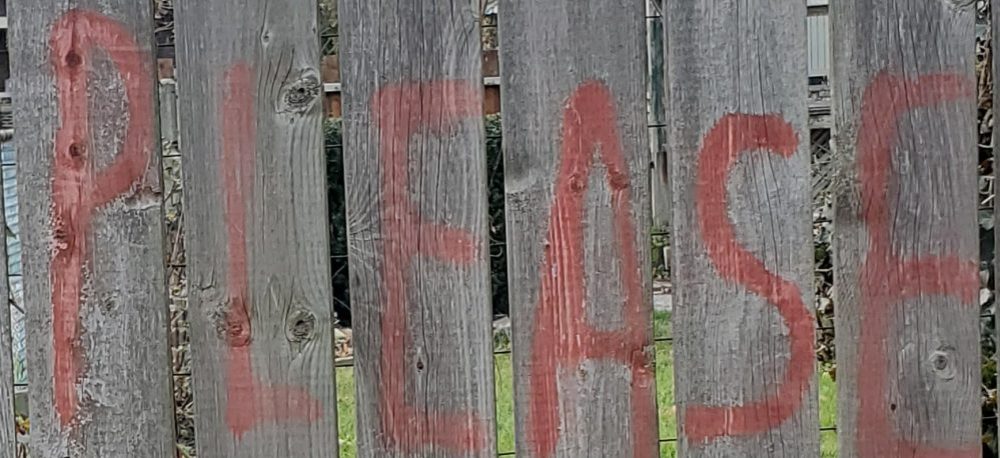My friend and collaborator Douglas MacLellan have just completed our 4th chap book: Peace Quatrains. The book is composed of verses by me and photographs by MacLellan. Our collaborations began years ago as parts of the Mayworks Windsor Festival. The Festival has run its course, but MacLellan and I were motivated to continue on by the war in Ukraine. The book is not a protest, much less a solution, but perhaps bets thought of as a lament for the persistence of the human capacity to choose the wrong road when the right one (peace) stretches out clear as day before us.

From my Introduction:
My approach to social philosophy is to get beneath surface explanations of events to tease out the historical causes of conflict. I have always resisted arguments, whether expressed in moralistic or religious language, that violence is baked into the human condition. Instead, I have built my work on the conviction, adopted from Marx, that the depth cause of all forms of social violence is the private ownership of and control over the resources and institutions that everyone must access if they are to survive and flourish. If we can get the social institutions right, I have always argued, we can create the conditions for social peace. Once the conditions of social peace have been secured, everyone will be free to develop themselves according to their own interests and talents. Life will be—so far as possible for a dependent and mortal creature—free and self-directed.
But there has also always been another side to my work, darker in spirit, subterranean, exposed to the sunlight only rarely– which worries that necessary as it may be to believe that there are social solutions to every problem, the truth might be that the source of conflict and violence lies deeper, in some ultimate perversity of human nature that drives us to consciously destroy whatever we have built up. This thought is not original: Schopenhauer argued that were we to create an idyllic state boredom would drive us to attack each other, and Freud, of course, famously argued that we were pulled in opposite directions by Life and Death instincts. But perhaps the John Spencer Blues Explosion expresses the thought most eloquently: for whatever reason, people are driven to “fuck shit up.”
Is there a better description for the war between Russia and Ukraine (with the US and NATO hiding in plain sight)?
One can comprehend Putin’s raisons d’etat for invasion: he does not want to be encircled by NATO, NATO gave Russia assurances in 1991 about not expanding beyond the German-Polish border, the need to protect Russian speakers in Eastern Ukraine. But what does understanding those historical and political causes achieve? Perhaps only further evidence that rulers regularly make colossal mistakes when they do not compare what makes political sense from a particular perspective with what makes sense, not only from an overall strategic perspective (is a given policy likely to achieve its aims?), but from a human perspective (what is necessary, nationally and internationally, to secure the conditions for social peace?)
What is necessary is an instituted commitment to sharing the world’s resources and using them only to satisfy our natural and social needs. Instead, the world has war again. The philosophical verses contained in this book won’t solve anything, and I hope they are a little more than naively hopeful. I see them as honest: the causes of war lie deeper than political-economic conditions, in the thousands of years old desire for conquest. If we are ever to be free of war, we have to free ourselves from this desire to constantly impose partial perspectives and interests on the whole. We must learn, as Kierkegaard argued in Either/Or, to value possession (savouring, contentment) over conquest. The verses can be read (but of course you are free to follow your own thoughts as you read them), as counterposing different deep sources of conflict with suggestions as to how we might cultivate an ethic of contentment.
The form of the book was inspired by Brecht’s War Primer.
You can purchase a copy by following this link:
https://douglas-maclellan-photographer.square.site/product/peace-quatrains/32
